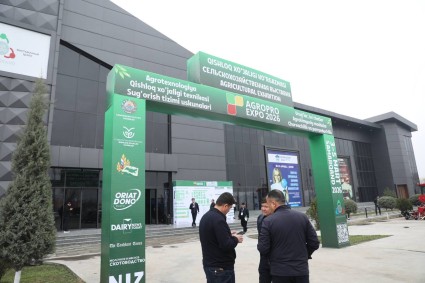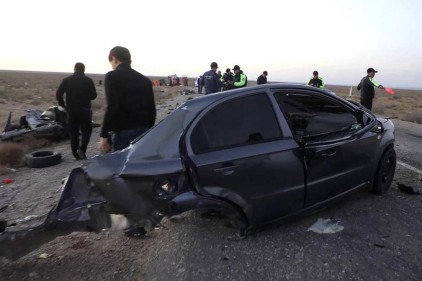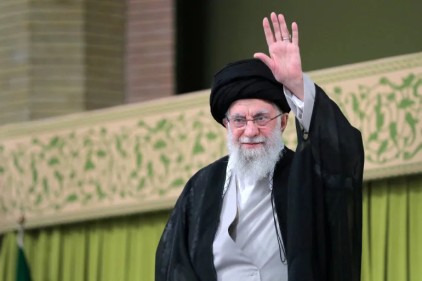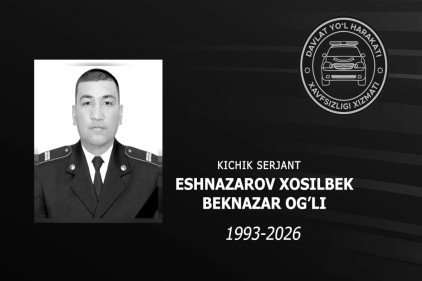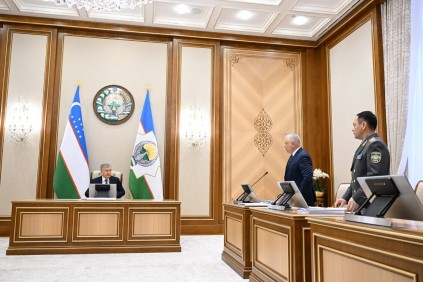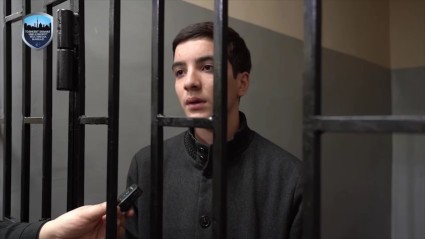The President Mirziyoyev signed a decree on May 30 creating the State Museum of Jadid Heritage in the Hovli Poyon complex in Bukhara.
The museum will be part of the Fund for the Development of Culture and Art and will aim at “expanding the scope of work on in-depth study and widespread propaganda of the important role and significance of the Jadid scholars in national and world history, their dedication in creating the spiritual foundations of national independence, instructive life and work, rich scientific and creative heritage and perpetuating them memory."
The main objectives of the museum are the collection, storage, study, restoration, copying and publication of domestic and foreign sources and historical documents dedicated to the Jadid movement, as well as the implementation of cultural, educational and research activities.
The list of tasks also includes “reliable coverage and widespread propaganda among the population, especially young people, of the important role and significance of our ancestors, the Jadid scholars, in national and world history, their contribution and dedication to creating the spiritual foundations of the national independence.”
The Cultural Heritage Agency was instructed, within the framework of the nationwide campaign “My Contribution to the National Heritage,” to ensure the practice of acquiring from the population historical materials, objects, and unique photographs dedicated to the Jadid movement for the museum.
Jadidism is a modernist movement of Muslims of the Volga region, Crimea, Transcaucasia and Central Asia at the end of the 19th and beginning of the 20th centuries. In Turkestan, ideologists and supporters of the progressive movement opposed illiteracy, backwardness and prejudices that prevented society from developing. They believed that the dissemination of educational ideas would help raise the cultural level of the people and help them gain faith in their own strengths and capabilities.
The Jadid movement was ravaged by the communists in the late 30s of the 20th century.

